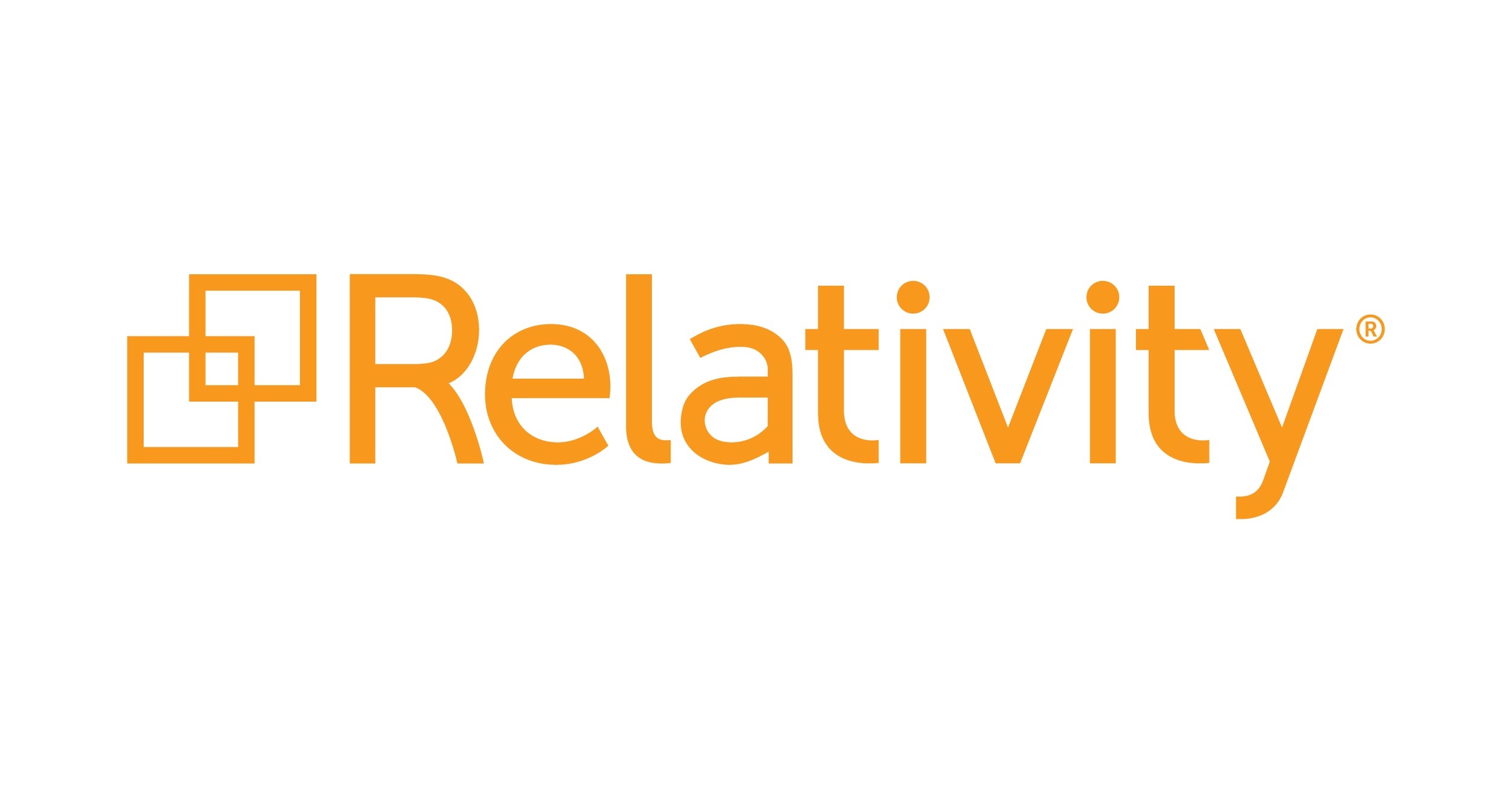But how are AI agents different from AI chatbots, and why should businesses care?
Understanding how they differ can help businesses choose the right solution for the right job and avoid underusing or overcomplicating their AI investments.
An AI chatbot or assistant is a program that uses natural language processing to interact with users in a conversational way. Think of ChatGPT. It can answer questions, guide users and simulate dialogue.
Chatbots only react to prompts. They don’t act on their own or carry out multistep goals. They are helpful and conversational but ultimately limited to what they’re asked.
An AI agent goes a step further. Like a chatbot, it can understand natural language and interact conversationally. But it also has autonomy and can complete tasks. It is proactive.
Instead of just replying, an AI agent can make decisions, take actions across systems, plan and carry out multistep processes, and learn from past interactions or external data.
For example, imagine a travel platform. An AI chatbot might help a user plan their travel itinerary. An AI agent, on the other hand, could do more, such as:
- Understand the request, such as booking a flight to Los Angeles.
- Search multiple airline sites.
- Compare flight options based on user preferences.
- Book the flight.
- Send a confirmation email.
All of this could happen without the user needing to click through a series of links or speak to a human agent. AI agents can be embedded in customer service, HR systems, sales platforms and the like.
Read also: Understanding the Difference Between AI Training and Inference
Why Businesses Should Care
Knowing the difference can help a business plan more strategically. AI chatbots use less inference than AI agents and therefore are more cost-effective. Moreover, businesses can use AI chatbots and AI agents for very different outcomes.
AI chatbot use cases include the following:
- Customer service
- Data retrieval
- Planning and analysis
- Basic IT support
- Conversation
- Writing documents
- Code generation
AI agent use cases include the following:
- Automated checkout
- Automated content curation
- Travel and reservation execution tasks
- Shopping and payment processing
AI chatbots and AI agents both use natural language and large language models, but their functions are different. Chatbots are answer machines while agents are action bots.
For businesses looking to improve how they serve customers, streamline operations or support employees, AI agents offer a new level of power and flexibility. Knowing when and how to use each tool can help companies make smarter AI investments.
To choose between deploying an AI chatbot or AI agent, consider the following:
- Budgets: AI chatbots are cheaper to run since they use less inference.
- Complexity of use case: For straightforward tasks, use a chatbot. For tasks that need multistep coordination, use an AI agent.
- Skilled talent: Assess the IT team’s ability to handle chatbots versus agents. Chatbots are easier to deploy and update. AI agents require more advanced machine learning, natural language processing and other skills.
For all PYMNTS AI coverage, subscribe to the daily AI Newsletter.
Read more:









 English (US) ·
English (US) ·